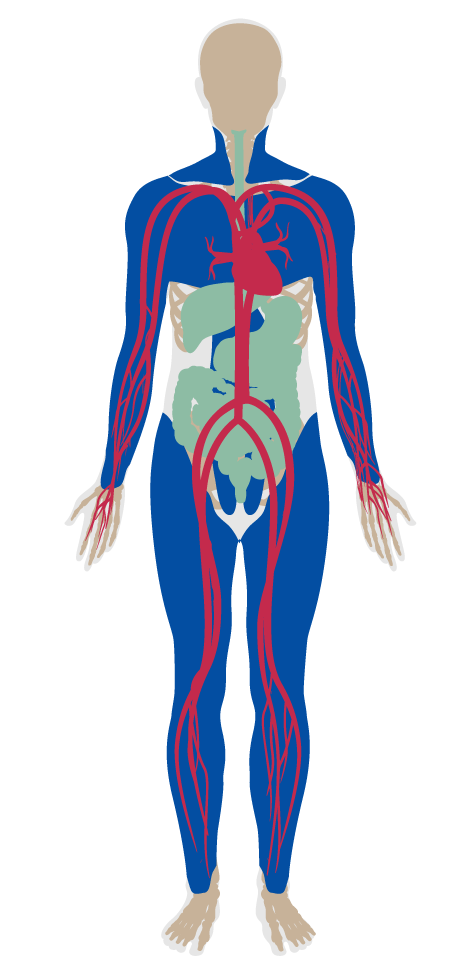Nutritional information
- 38 Fruits and vegetables
- 39 Processed foods
- 40 Food allergies
- 41 Hand washing
- 42 Food contamination
- 43 Artificial ingredients
- 44 Nutritional information
- 45 Food advertising
- 46 Safe food preparation materials
- 47 Serving sizes
- 48 Special diets
- 49 Responsible food production
- 50 Food storage
- 51 Food production
- 52 Mindful eating
- P1 Food environment
- P7 Strategic Dining Design
44. Nutritional information
To help occupants make informed food consumption choices.
Access to nutritional information allows consumers to make informed dietary choices. For example, being able to compare the sodium content of two different snacks can enable individuals who need to limit their salt intake choose the better option. The FDA sets specific requirements for nutrition labeling in packaged foods, and several municipal administrations have extended a labeling regulation to apply to prepared foods as well.
For foods and beverages sold or distributed on a daily basis on the premises by (or under contract with) the project owner, the following are accurately displayed (per meal or item) on packaging, menus or signage:
The following are freely available wherever food is sold or in common areas where food is commonly consumed or prepared:

Applicability Matrix
| Core & Shell | New & Existing Buildings | New & Existing Interiors | |
|---|---|---|---|
| Part 1: Detailed Nutritional Information | O | P | P |
| Commercial Kitchen | Education | Multifamily Residential | Restaurant | Retail | |
|---|---|---|---|---|---|
| Part 1: Detailed Nutritional Information | P | P | P | P | - |
| Part 2: Healthy Cooking Guidelines | - | - | - | P | - |
Verification Methods Matrix
| Letters of Assurance | Annotated Documents | On-Site Checks | |
|---|---|---|---|
| Part 1: Detailed Nutritional Information | Visual Inspection | ||
| Part 2: Healthy Cooking Guidelines |
| 44.1.b |
The FDA's How to Understand and Use the Nutrition Facts Label requires that packaged food items list the macronutrient content as both a weight and a percentage of the recommended daily value. |
| 44.1.c |
The FDA's How to Understand and Use the Nutrition Facts Label requires that packaged food items list the micronutrient content as both a weight and a percentage of the recommended daily value. |
| 44.1.d |
The FDA's How to Understand and Use the Nutrition Facts Label requires that packaged food items list the sugar content as a weight. |
| 44.1.a |
The New York City Department of Health requires all eating establishments with 15 or more locations to post total calorie counts on menus. |
| 44.2.b |
Dietary Guidelines for Americans suggest recommendations for healthy eating healthy caloric intake based on age, gender, weight, and activity levels. |
